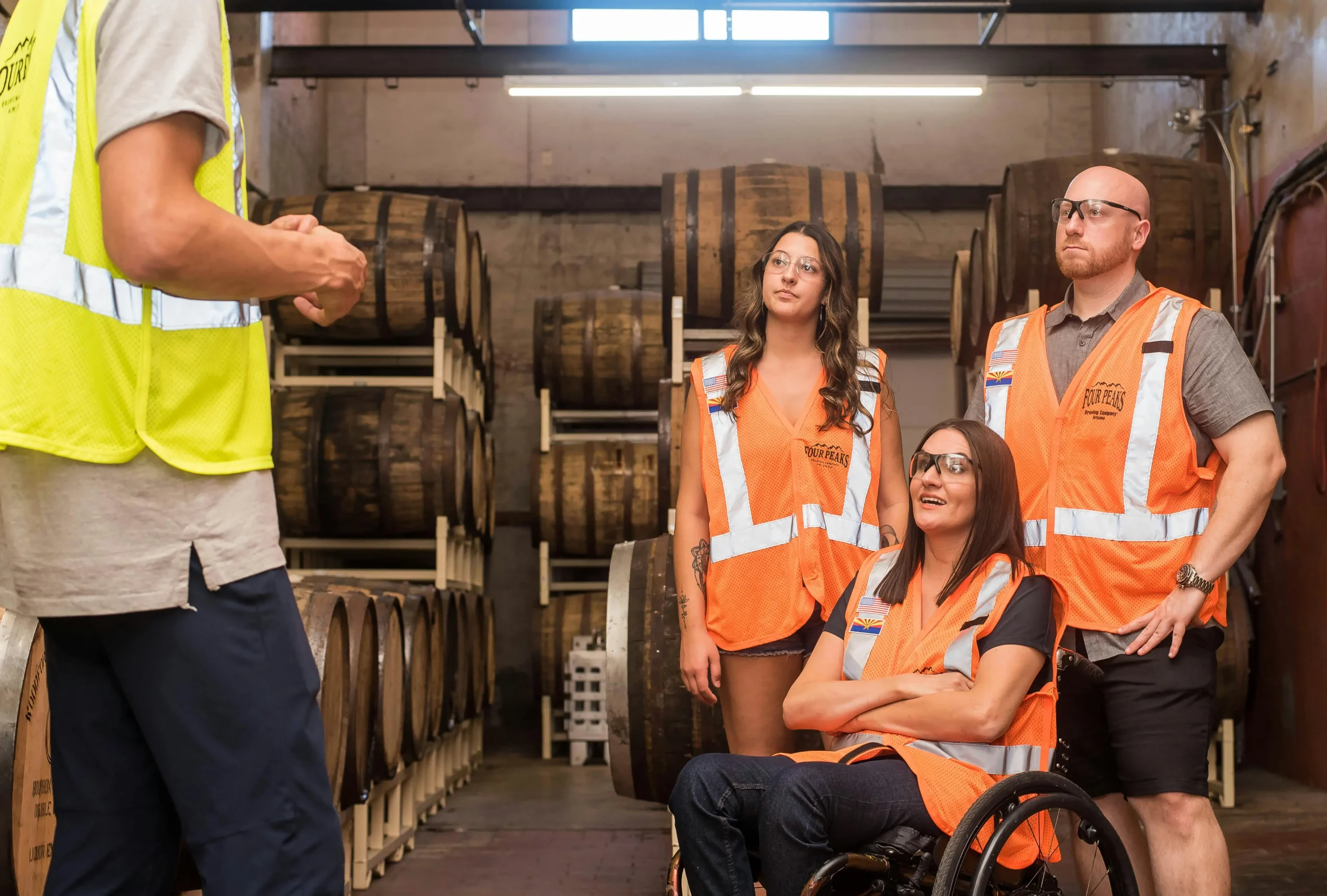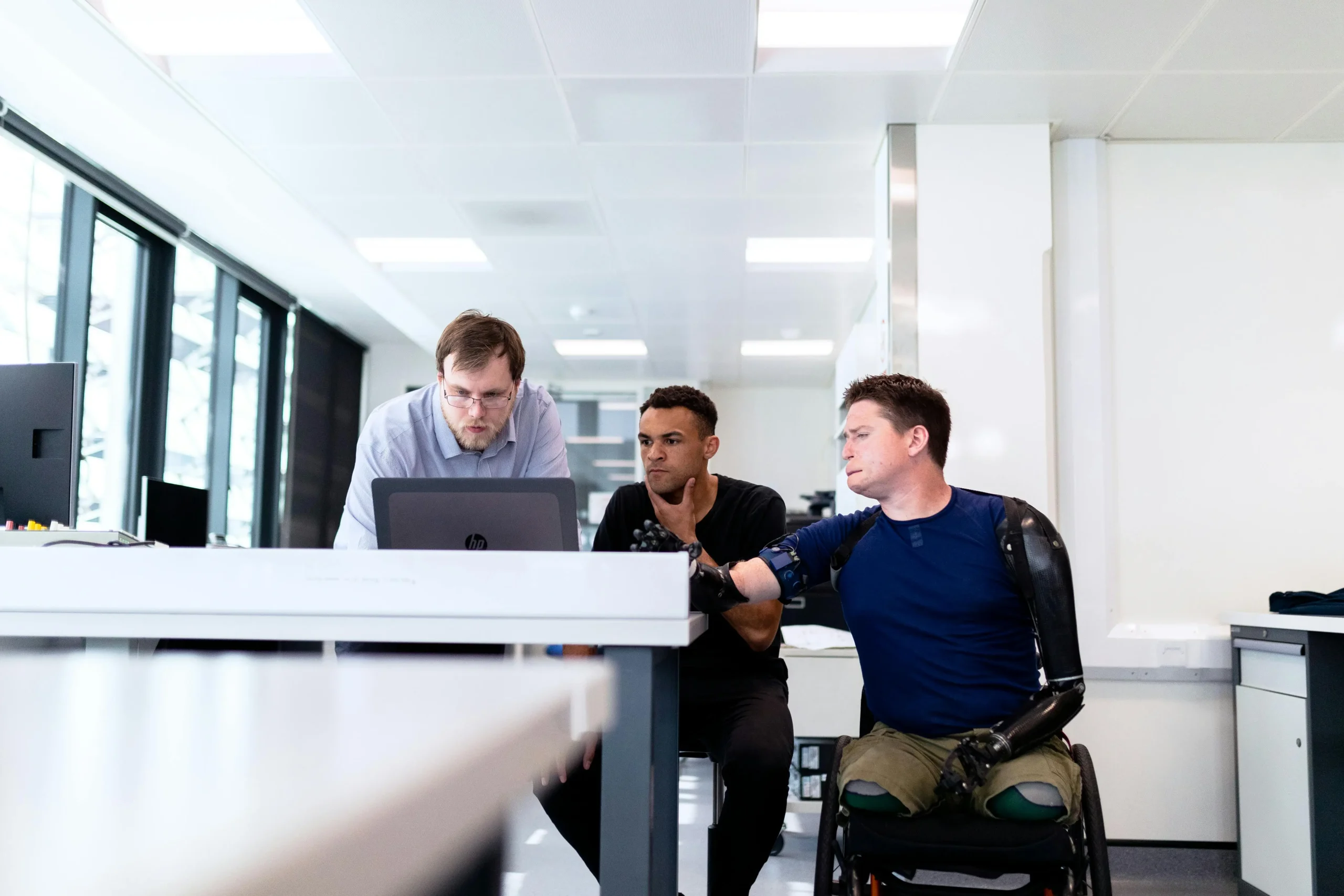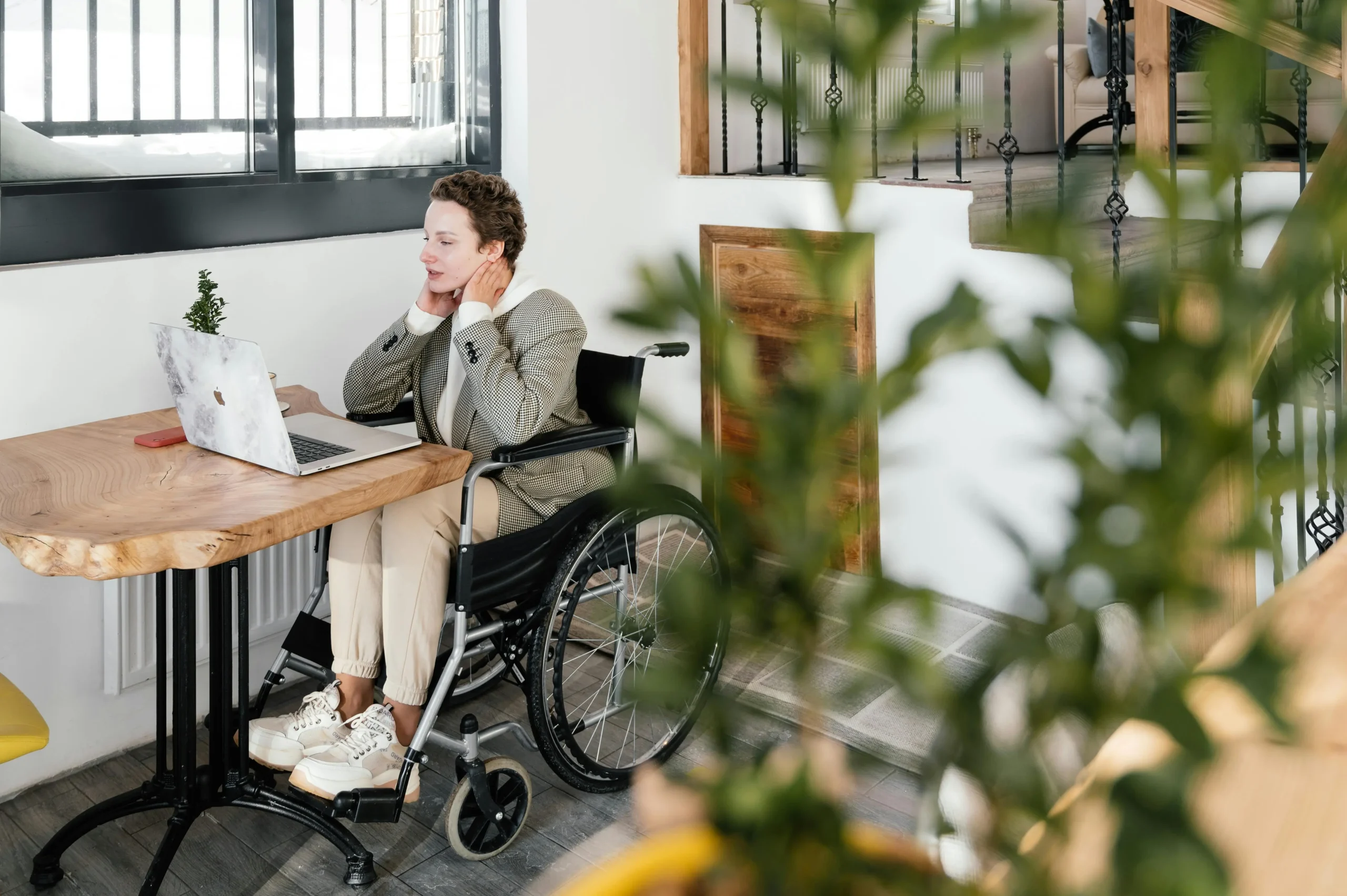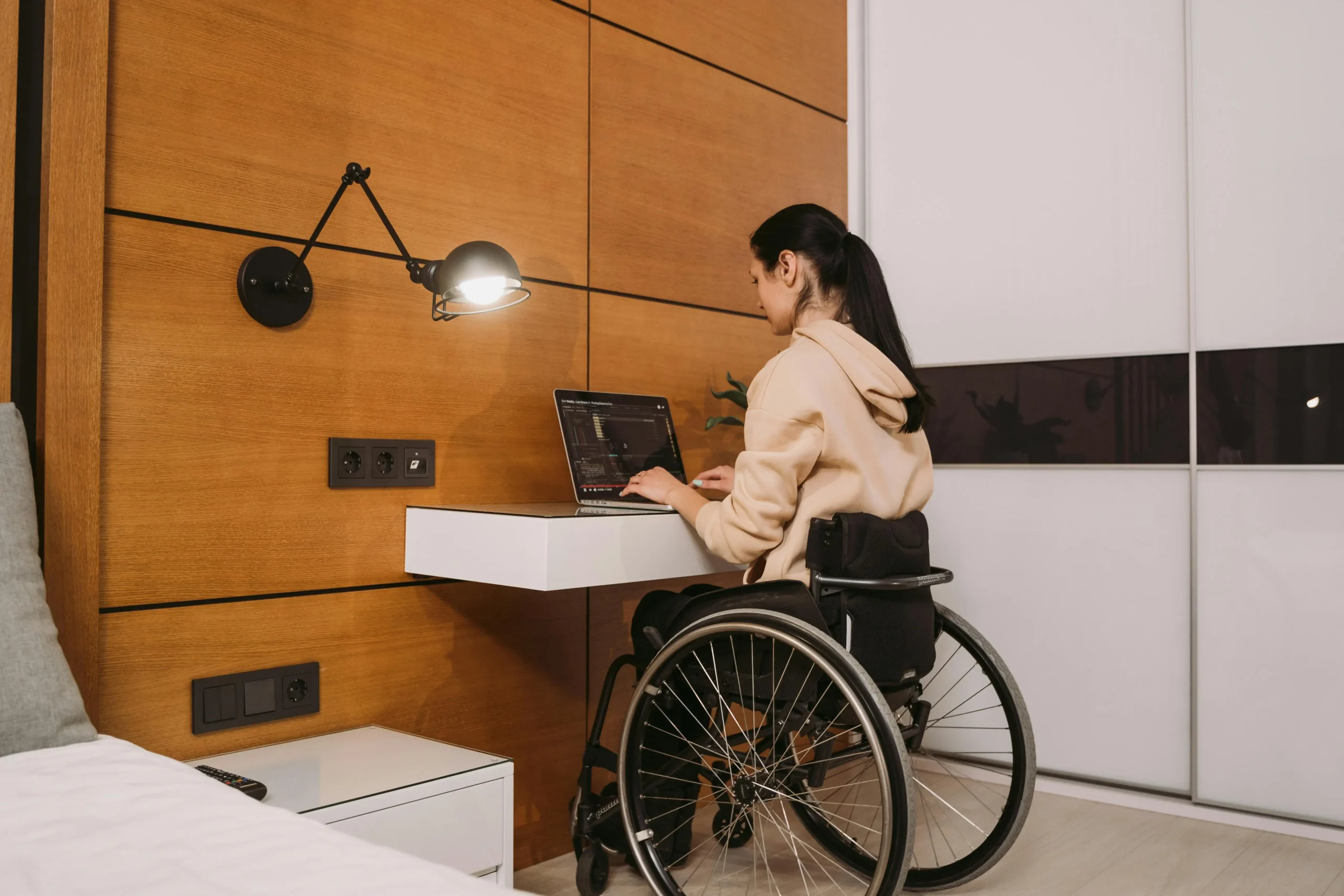Disability Employment in Specific Industries: Bridging the Inclusivity Gap

The call for inclusivity and equal employment opportunities for individuals with disabilities has grown louder in recent years. While progress has been made, there is still work to be done to ensure that individuals with disabilities have the chance to thrive in the workforce. This blog examines the landscape of disability employment in specific industries and the steps being taken to bridge the inclusivity gap.
Disability Employment by the Numbers
Before delving into specific industries, let’s consider the broader context of disability employment. According to the World Health Organization, approximately 15% of the world’s population lives with some form of disability. In the United States, the Bureau of Labor Statistics reports that in 2020, the employment-population ratio for persons with a disability was 17.9%, compared to 61.8% for those without a disability.
This employment gap underscores the need to create more inclusive workplaces and to highlight industries that are actively making strides in this regard.
Technology Industry: Fostering Accessibility and Innovation
The technology industry is at the forefront of promoting disability employment. Tech companies have recognized the immense value that individuals with disabilities bring to their workforce. Roles in software development, user experience design, and accessibility testing are just a few of the areas where tech companies are actively hiring individuals with disabilities. Moreover, many tech firms provide assistive technologies and workplace accommodations to support their employees’ unique needs.
Healthcare: Empowering Caregivers and Medical Professionals
In healthcare, there is a growing initiative to hire individuals with disabilities, particularly for roles such as nurses, doctors, therapists, and administrative staff. These initiatives recognize that individuals with disabilities can provide excellent patient care and bring unique perspectives to the healthcare field. Moreover, healthcare institutions are striving to create more accessible healthcare environments for both employees and patients.

Hospitality and Tourism: Creating Welcoming Experiences
The hospitality and tourism industry is making substantial efforts to include individuals with disabilities. From hotels to restaurants and travel companies, the industry recognizes the importance of accessible services. This includes accessible accommodations, transportation, and facilities to cater to a diverse range of visitors. Moreover, the sector is actively hiring individuals with disabilities in various roles, from front-desk staff to tour guides.
Arts and Entertainment: Expanding Representation
The arts and entertainment industry is actively working on improving disability representation both on and off the screen. This industry is embracing inclusion by casting actors with disabilities in diverse roles and producing content that accurately portrays disability experiences. Moreover, many production companies are committed to creating accessible content for a wider audience.
Manufacturing: Diverse Skills for the Factory Floor
In manufacturing, companies are benefiting from disability inclusion. Individuals with disabilities are actively sought after for roles in production, quality control, and logistics. Employers in this industry recognize the unique skills and perspectives that individuals with disabilities bring to the factory floor, contributing to increased productivity and improved employee morale.
Finance and Banking: Making Financial Services Inclusive
The finance and banking sector is putting in place strategies to promote disability employment. Financial institutions are hiring individuals with disabilities in various roles, from customer service to financial analysis. They also focus on providing accessible banking services for all customers, including those with disabilities.
Education: Inclusive Learning Environments
In the education sector, creating inclusive learning environments is a priority. Educational institutions are working to hire educators with disabilities, not only in teaching roles but also in administrative and support positions. Additionally, they are providing accessibility services to ensure that students and employees with disabilities can access educational resources and opportunities.

Conclusion:
While progress is evident, there is still much to be accomplished in bridging the inclusivity gap in various industries. Disability employment is not just a matter of social justice; it’s a strategic decision that benefits both employees and employers. Employers across different sectors are recognizing the value of diverse perspectives and the benefits that individuals with disabilities bring to their organizations.
The path to inclusivity requires continued efforts to promote disability employment, provide necessary accommodations, and foster accessible and inclusive environments. By doing so, we can create a more equitable future where individuals with disabilities have the opportunity to thrive in a diverse range of industries. It is a path worth taking, not just for those with disabilities but for society as a whole. Inclusivity benefits us all by fostering innovation, creativity, and a richer human experience.

FAQ
Q: What does “disability employment in specific industries” mean?
A: Disability employment in specific industries refers to the practice of actively hiring, accommodating and supporting individuals with disabilities in various sectors of the workforce.
Q: Why is inclusivity important in specific industries when it comes to disability employment?
A: Inclusivity in specific industries is vital because it promotes diversity, brings unique perspectives, and enhances innovation and productivity within those sectors.
Q: How are technology companies promoting disability employment and inclusion?
A: Technology companies actively hire individuals with disabilities in roles such as software development and design. They also provide assistive technologies and accommodations to create accessible work environments.
Q: What steps are the hospitality and tourism industry taking to be more inclusive of individuals with disabilities?
A: The hospitality and tourism industry is improving accessibility by offering accommodations and services for guests and actively hiring individuals with disabilities in various roles.
Q: Why is disability employment beneficial for manufacturing industries?
A: Disability employment benefits manufacturing industries by bringing diverse skills and perspectives to the workforce, increasing productivity, and creating a more inclusive and equitable workplace.













